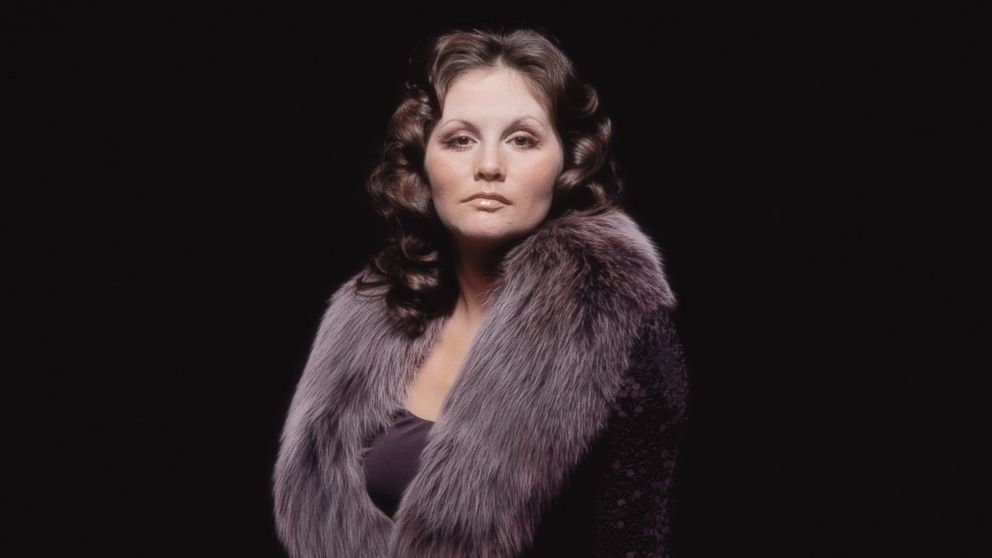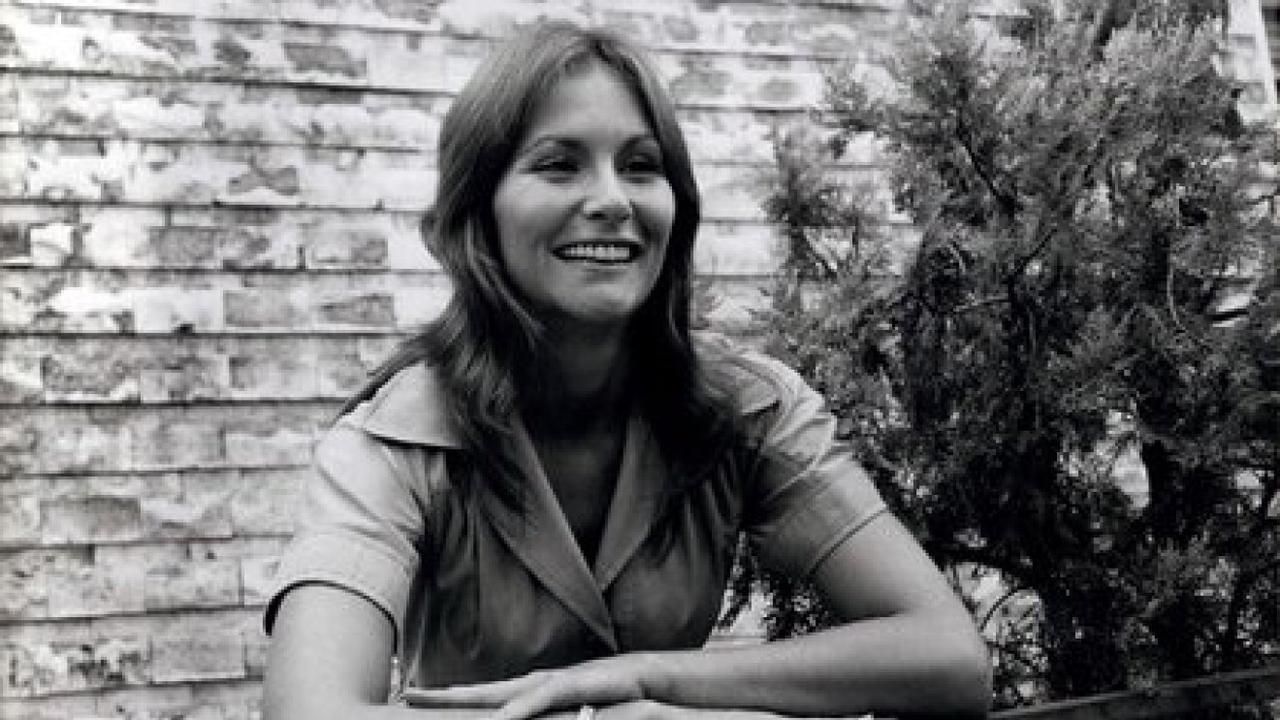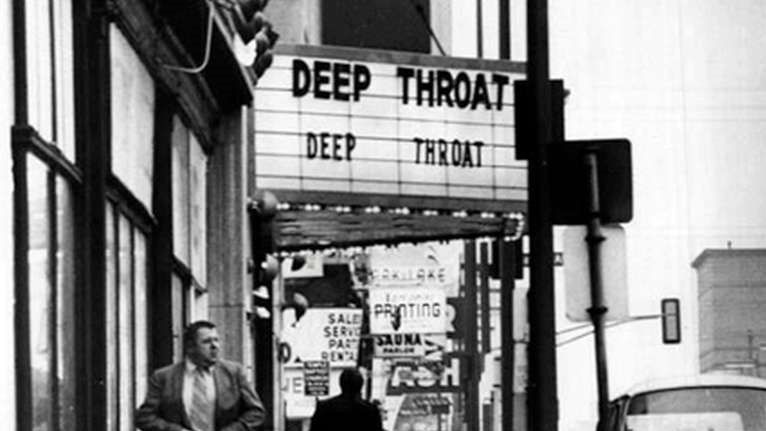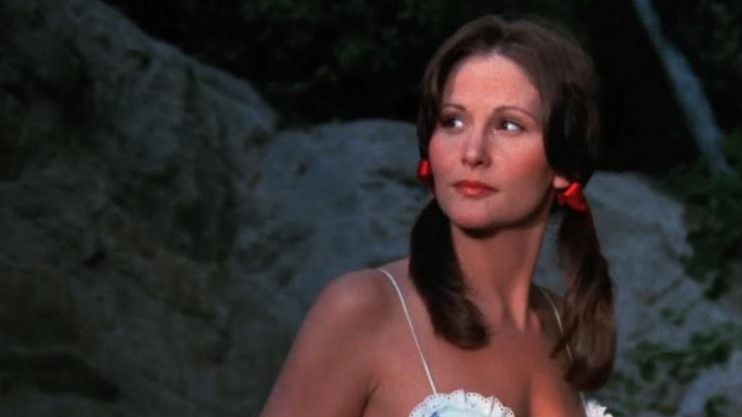"When you see the movie Deep Throat, you are watching me being raped. It is a crime that movie is still showing; there was a gun to my head the entire time." — Linda Lovelace in 1986
In a world where adult content is available 24/7 at your very fingertips, it is difficult to comprehend just how much of an impact Deep Throat had on society 50 years ago. The film was at the forefront of the so-called Golden Age of Porn, 1969-1984, and was one of the very first adult features to offer a plot, production values, character development and humor along with its depiction of sexual acts. The result became a societal phenomenon, launching a time of porno chic where celebrities, dignitaries, couples, and basically everyone who was of age flocked to the theater to see the film, with some lines wrapping around the block. In the U.S., 23 states banned the film as obscene, which only added to its popularity. The film would go on to become one of the most profitable releases of all time, with estimates of between $100 million and $600 million, with production costs, including music rights, just under $50,000 (approximately $300,000 today). Its true profit margin, however, is very much up for debate, with mob-connected enterprises skewing the actual results. And at the center of the film was its star, Linda Lovelace, whose relationship with the film and its legacy is a complex, troubling, and tragic tale.
Born on January 10, 1949, Linda Susan Boreman grew up in a New York working-class Catholic family, her father a police officer who was largely absent, and her mother a waitress who was harsh and abusive. The family moved to Florida when Boreman was 16, and at the age of 20 she returned to New York City to attend school. An automobile accident had her return to her parents' home in order to recover. It was during this time she met Chuck Traynor, an American businessman and talent agent, who charmed Boreman into a relationship. He then became violent and abusive, forcing her to move back to New York where he served as her manager, pimp, and husband. Traynor forced Boreman — who had now dubbed her Linda Lovelace — into prostitution, and into pornography, even allegedly doing so at gunpoint.
Allegedly would become the word that haunted her.
Deep Throat launched Lovelace into fame, and despite only having been paid $1,250 for the role, which Traynor, again, allegedly confiscated, she was by most accounts a willing participant in the making of the film. She dated many a Hollywood celebrity, had a party held in her honor at the Playboy mansion, and publicly advocated the female empowerment of porn, most notably in two pro-porn autobiographies published in 1974, Inside Linda Lovelace and The Intimate Diary of Linda Lovelace.
It wasn't until the release of Ordeal, her 1980 autobiography, that she detailed the accounts of physical and mental abuse at the hands of Traynor and others. Lovelace spoke of Traynor's demands of her at gunpoint, and the regular beatings she endured at his hands. She maintained that bruising on her legs that can be seen in Deep Throat were a direct result of the abuse.
Horrifically, in the days before a #MeToo movement, her character was attacked, and her allegations questioned. Traynor himself admitted to striking her, but as part of a voluntary sex game. A co-star in her films claimed she was a pathological liar who had no sexual boundaries. Fellow porn star Gloria Leonard said of Lovelace that she "was a woman who never took responsibility for her own choices made, but instead blamed everything that happened to her life on porn." These naysayers were countered by supporters that asserted the allegations as true, including Andrea True, her co-star in Deep Throat 2, and Andrea Dworkin, a feminist writer who held up polygraph test results as proof of the truth. Many details in the book were also confirmed as being consistent with a diagnosis of Complex PTSD. Eric Danville, journalist and author of The Complete Linda Lovelace in 2001, said that Lovelace had never changed her story about her time with Traynor.
Two radically different takes — one that pointed to her sexual acts and previous pro-pornography works as compliance, one that saw past that to see a victim, traumatized and forced to support an idea of female empowerment that was nothing more than a male's fantasy.
After the release of Ordeal, Lovelace became a born-again, anti-porn campaigner, testifying against the industry before Congress, colleges and feminist groups (the quote at the start of this piece is from her testimony at the 1986 Attorney General's Commission on Pornography, aka the "Meese Commission"). The major players in the anti-pornography movement, like Gloria Steinem and Catharine A. MacKinnon, supported Lovelace and her campaign, holding her up as a martyr for the cause, using her name and story at will. In doing so, Lovelace felt that they too were using her for their own purposes and not aiding her as a person. Right or wrong, her perception of being used by both sides of the issue led her to separate herself from the anti-porn movement as well. She retreated into her family life with Larry Marchiano and her two children, moving to Denver, Colorado in 1990. The couple divorced amicably in 1996.
Throughout the years, Lovelace continued to have a complicated relationship with the movie that introduced her to the masses. She promoted it, she derided it, and towards the end she seemingly came to accept the film and her role in it, attending porn conventions and memorabilia shows, selling off Deep Throat merchandise and signing home video copies of the film. Severe injuries arising from an auto accident on April 3, 2002 left her on life support, and on April 22, 2002 she passed away after being taken off life support, her ex-husband and two children by her side.
The 50th anniversary of Deep Throat and its rerelease to theaters is sure to generate a number of editorial pieces about its historic contribution to the adult film industry. Hopefully, though, its impact on a young Catholic girl that never could break free from it is rightfully acknowledged.




